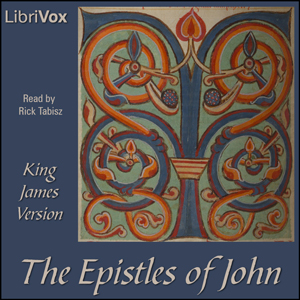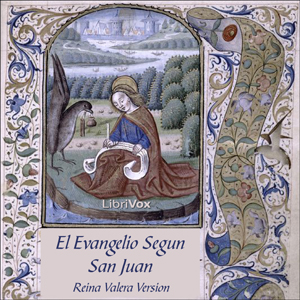- 01
- 02
- 03
- 04
- 05
- 06
- 07
- 08
- 09
- 10
- 11
- 12
- 13
- 14
- 15
- 16
- 17
- 18
- 19
- 20
- 21
- 22
- 23
- 24
- 25
- 26
- 27
- 28
- 29
- 30
- 31
- 32
- 33
- 34
- 35
- 36
- 37
- 38
- 39
- 40
- 41
- 42
Considerado tanto una obra maestra teológica como literaria, el libro de Job es una discusión honesta de por qué Dios permite que la gente buena sufra. La prueba de la fe de Job, permitida por Dios en respuesta a un desafío de Satanás, reveló la soberanía amorosa de Dios y la supremacía de la sabiduría divina sobre la sabiduría humana (personificada por los cuatro amigos de Job). Creyendo que Dios es bueno a pesar de la aparente evidencia de lo contrario, Job descansó sólo en la fe. En lo más profundo de la agonía, aún podía proclamar: “Sé que mi Redentor vive” (19:25). Al final, Dios silenció todas las discusiones con la verdad de que solo Él es sabio (capítulos 38-41). Sin embargo, reivindicó la confianza de Job en él (capítulo 42), demostrando que la fe genuina no puede ser destruida. El libro fue escrito por un escritor desconocido (probablemente israelita) entre 2000 y 500 a. C.
=====================
English Translation:
Considered both a theological and a literary masterpiece, the book of Job is an honest discussion of why God allows good people to suffer. Job's test of faith, allowed by God in response to a challenge from Satan, revealed God's loving sovereignty and the supremacy of divine wisdom over human wisdom (personified by Job's four friends). Believing that God is good despite apparent evidence to the contrary, Job rested on faith alone. In the depths of agony, he could still proclaim, "I know that my Redeemer lives" (19:25). In the end, God silenced all discussions with the truth that only He is wise (chapters 38-41). However, he vindicated Job's trust in him (chapter 42), showing that genuine faith cannot be destroyed. The book was written by an unknown writer (probably Israelite) between 2000 and 500 BC. C. - Summary by Claudia R Barrett
=====================
English Translation:
Considered both a theological and a literary masterpiece, the book of Job is an honest discussion of why God allows good people to suffer. Job's test of faith, allowed by God in response to a challenge from Satan, revealed God's loving sovereignty and the supremacy of divine wisdom over human wisdom (personified by Job's four friends). Believing that God is good despite apparent evidence to the contrary, Job rested on faith alone. In the depths of agony, he could still proclaim, "I know that my Redeemer lives" (19:25). In the end, God silenced all discussions with the truth that only He is wise (chapters 38-41). However, he vindicated Job's trust in him (chapter 42), showing that genuine faith cannot be destroyed. The book was written by an unknown writer (probably Israelite) between 2000 and 500 BC. C. - Summary by Claudia R Barrett
There are no reviews for this eBook.
There are no comments for this eBook.
You must log in to post a comment.
Log in











